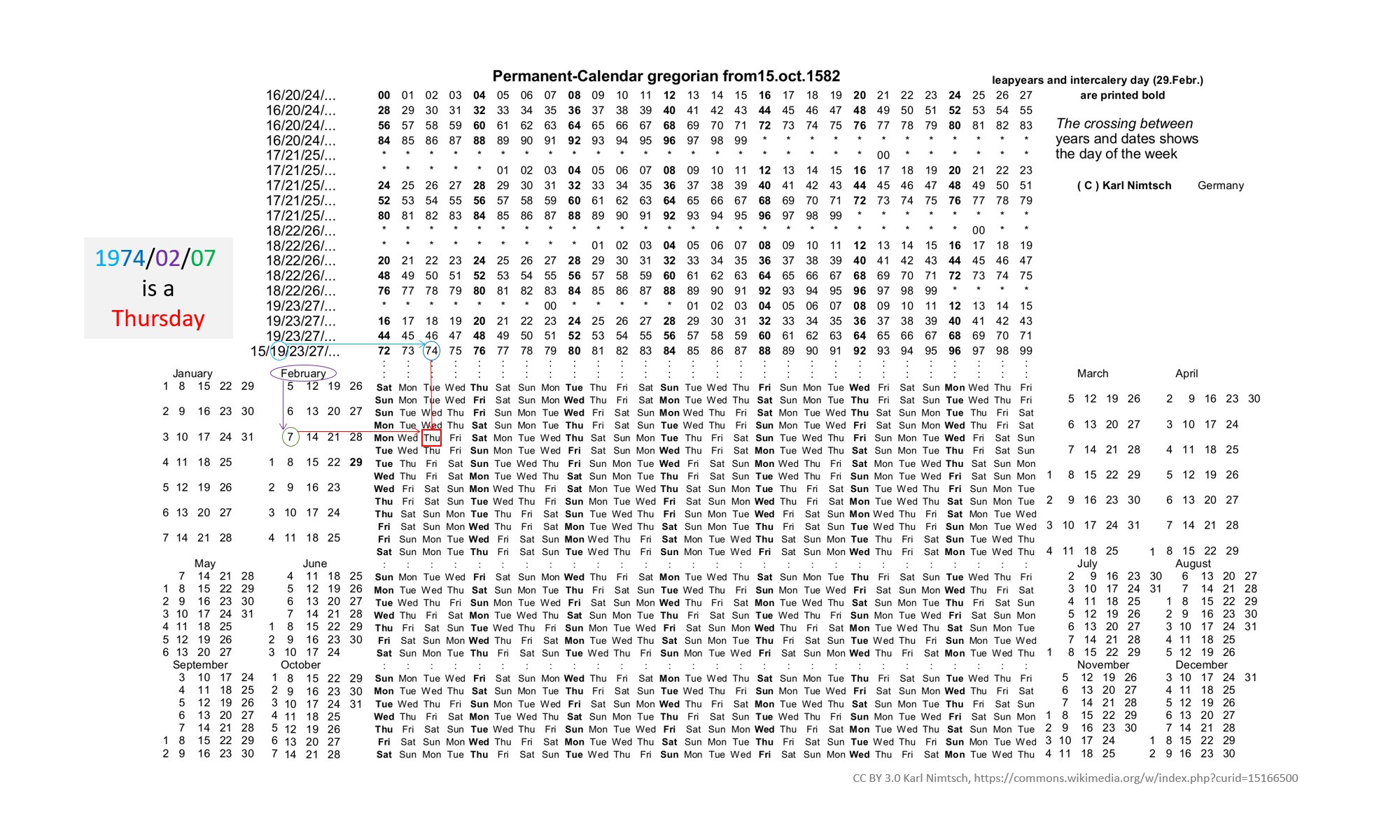magine you need to know what day February 7, 1974 fell on (a Thursday) or what day October 16, 2089 will be (a Sunday). Most of us would look online, or maybe use a perpetual calendar. Some people, however, can work the answer out in their heads, in a matter of seconds.
The majority of these people – probably nine out of ten – have a neurodevelopmental disorder, generally autism spectrum disorder (ASD), explains Sven Bölte, Professor of Child and Adolescent Psychiatric Science at the Karolinska Institute in Stockholm. They display what is known as “savant syndrome” or exceptional mental capacities associated with a cerebral dysfunction. The remainder are neurotypical (having no neurological condition) individuals who learn and practise calendar algorithms as a form of mental gymnastics.
Of the two groups, studies have shown that neurodivergent individuals calculate faster and are less prone to error, but may take longer for dates that are more remote in the past or future. As well as being able to calculate the weekday corresponding to a certain date, these calendrical savants can work out which date of a given week (for example, the last week in July 1991) corresponds to a particular day (for example, Wednesday). This also takes longer, possibly because the person chooses a random day then adjusts their answer based on the result.

The mechanisms these savants use remain a mystery. “We think this ability comes from a combination of extremely rapid mental calculation and extensive memorisation of dates,” says Sven Bölte. “Some answers are given too quickly to be explained by calculation.”
Memorisation is often through association with important historical, local or personal events, which would explain the increased latency for dates that are further from the present. Scientists believe that these memorisation abilities are a basis for other remarkable aptitudes shown by people with ASD, such as the ability to play a piece of music or draw a building from memory.
Concentration is another factor. Many autistic people like to focus intently and for prolonged periods on a single task, which would enable them to reach exceptional levels of calculation speed and memorisation.
“For a long time, autistic savants were thought of as geniuses but the fact they had a single competency to the exclusion of all others was seen as a handicap,” says Sven Bölte. “Today’s society is more open to neurodiversity. Mental phenotypes are considered to be natural variations. It’s important that we consider people as a whole, with their strengths and weaknesses.”















